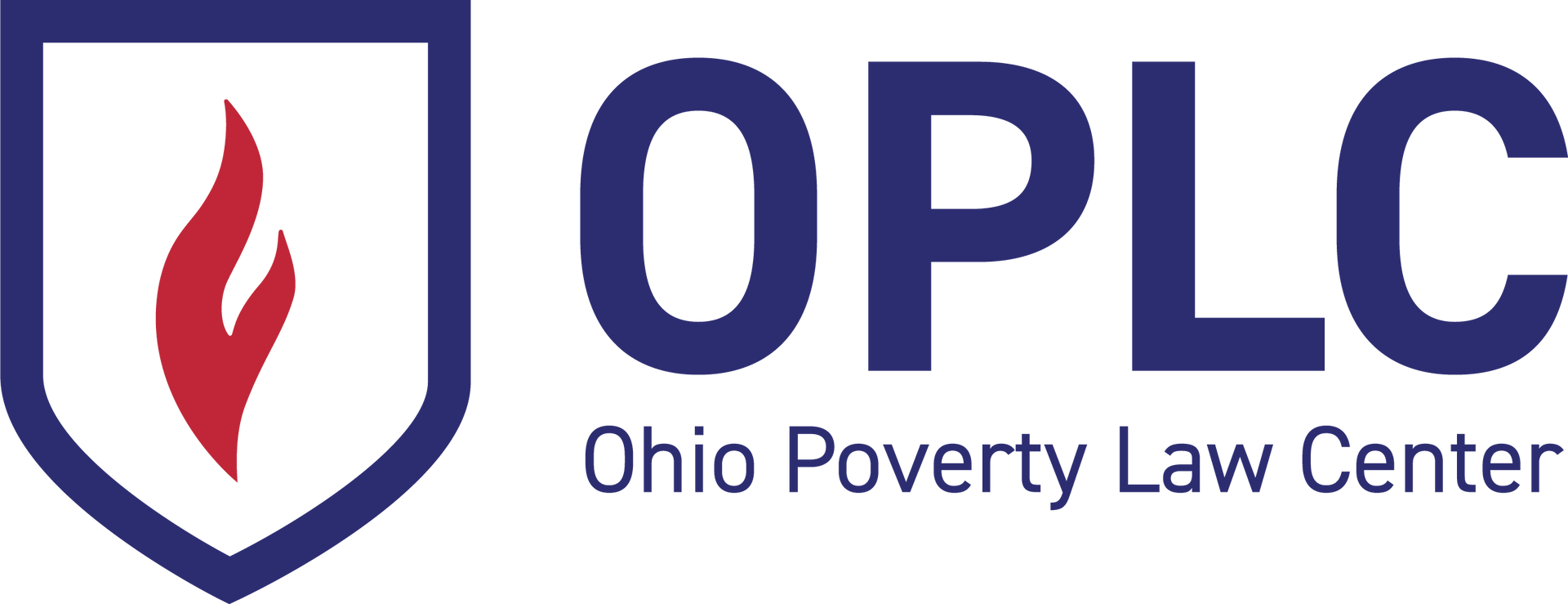DECEMBER 2024 NEWSLETTER
Fewer Debt-Related Driver’s License Suspensions Starting in 2025
Our priority legislation to reduce debt-related driver’s license suspensions made it over the finish line in the final hours of the legislative session and awaits a signature from Governor Mike DeWine.
In Ohio, one million drivers currently have suspended driver’s licenses. Approximately 60 percent of these suspensions are the result of debt-related and issues other than dangerous driving. With the inclusion of the provisions from Senate Bill 37, House Bill 29 became the bill that removes these suspensions.
The legislation goes a long way toward ensuring that a person’s ability to pay a fine or fee should not determine whether they are free to drive. In fact, the bill will help hundreds of thousands of Ohioans get their licenses back immediately and dramatically reduce the number of suspensions in the future.
We are grateful for the leadership of SB 37 sponsors Senator Louis Blessing III (R-Colerain Township) and Senator Catherine Ingram (D-Cincinnati) as well as Senate Judiciary Chair Nathan Manning (R-North Ridgeville).
Among other changes, the bill:
- Eliminates the driver’s license suspension for failure to pay a court fine or fee.
- Applies the removal of license suspensions for failure to pay a court fine or fee both retroactively and automatically, without imposition of reinstatement fees.
- Removes the possible penalty of a driver’s license suspension for a drug abuse offense, unless the offense relates to causing others to use, manufacture, or traffic and the offender used a vehicle to further the commission of the offense.
- Reduces the lookback period for driving without insurance offenses to be considered repeat offenses from five years to one year.
- Eliminates school truancy as a reason for license denial or suspension.
- Authorizes a person whose driver’s license is suspended for failure to pay child support to file a motion with a court for limited driving privileges in all circumstances, not just when the motion is made during contempt proceedings as under current law.
OPLC led the Return to the Road Campaign and coalition. The two-year campaign involved partners from all parts of the state and varying political ideologies. Together, we educated lawmakers, partners, and the media.
Some of the work included:
- Creating district factsheets using the Legal Aid Society of Cleveland’s research in its Road to Nowhere Report.
- Media outreach resulting in coverage, op-eds, letters to the editor across the state.
- Testimony from more than 30 proponents in the Senate and 26 in the House.
- Dozens of lawmaker meetings, hundreds of email messages, postcards, community forums, and sign-on letters.
But most importantly, we focused on how this policy change would improve the lives of Ohioans who have been shouldering the burden of debt-related driver’s licenses. A valid driver’s license is essential to participating in Ohio’s economy and earning the money necessary to resolve existing debt.
Employers Will Be Required to Provide Paystubs
House Bill 106, the “Pay Stub Protection Act,” which will require employers to provide earnings and deductions statements to each of the employer's employees, was approved by the legislature and now goes to Governor Mike DeWine for his signature.
House Bill 106 requires an employer to provide each employee with a statement or access to a statement of earnings and deductions for the pay period, which would provide much-needed reassurance to working Ohioans. Not only would these statements be used to ensure accurate wages for hours worked, but individuals would also have the documentation that they need for many additional economic needs.
Pay statements are often needed to verify income in numerous situations, such as renting an apartment or purchasing a house, as well as credit and loan applications and verifying eligibility for benefits and other safety net programs. By creating an opportunity for Ohioans to have their pay statements readily available, House Bill 106 will significantly reduce challenges faced when individuals are navigating these complex situations. There will be fewer barriers to overcome and substantial reductions in the time spent by agencies and individuals in managing these programs.
OPLC was one of two organizations that provided proponent testimony on this bill.
Happy New Year
Thank you for all of your support during 2024. We look forward to working with you in the new year. Happy Holidays!
